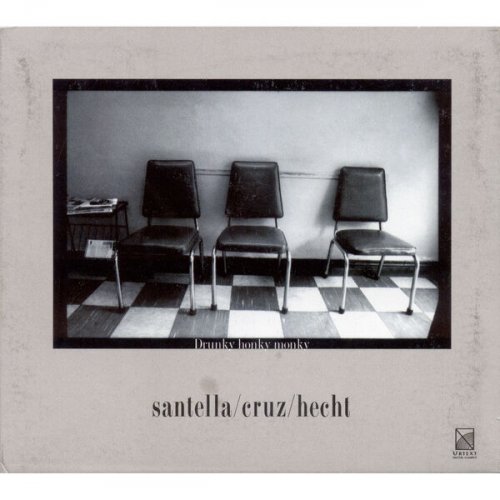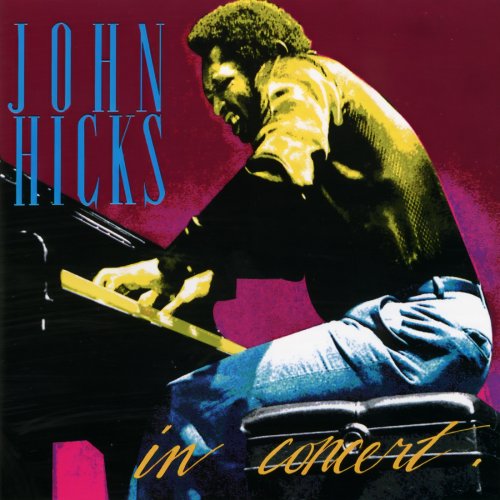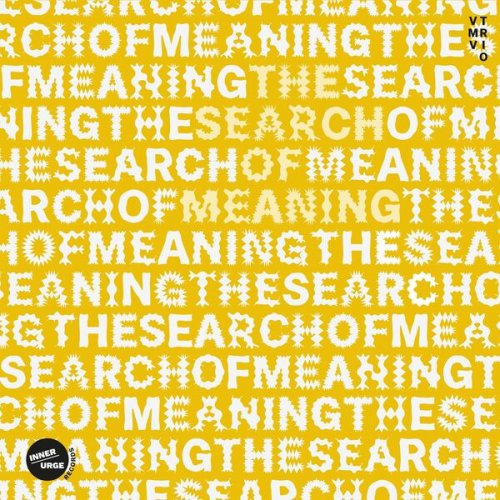The Borodin Trio - Dvořák, Smetana: Piano Trios (1986)
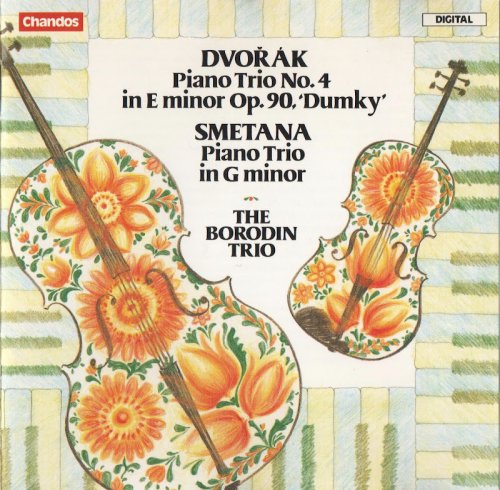
Artist: The Borodin Trio
Title: Dvořák, Smetana: Piano Trios
Year Of Release: 1986
Label: Chandos Records
Genre: Classical
Quality: FLAC (image+.cue,log,scans)
Total Time: 01:08:26
Total Size: 291 Mb
WebSite: Album Preview
Tracklist: Title: Dvořák, Smetana: Piano Trios
Year Of Release: 1986
Label: Chandos Records
Genre: Classical
Quality: FLAC (image+.cue,log,scans)
Total Time: 01:08:26
Total Size: 291 Mb
WebSite: Album Preview
01. Piano Trio No. 4 in E minor Op. 90: I. Lento maestoso [0:05:00.00]
02. Piano Trio No. 4 in E minor Op. 90: II. Poco adagio [0:07:43.00]
03. Piano Trio No. 4 in E minor Op. 90: III. Andante [0:07:25.00]
04. Piano Trio No. 4 in E minor Op. 90: IV. Andante moderato [0:06:11.00]
05. Piano Trio No. 4 in E minor Op. 90: V. Allegro [0:04:28.27]
06. Piano Trio No. 4 in E minor Op. 90: VI. Lento maestoso [0:05:40.48]
07. Piano Trio in G minor, Op. 15: I. Moderato assai [0:12:11.00]
08. Piano Trio in G minor, Op. 15: II. Allegro, ma non agitato [0:09:26.00]
09. Piano Trio in G minor, Op. 15: III. Finale: Presto [0:10:23.00]
Performers:
The Borodin Trio
In spite of being among the most popular of the world's piano trios, Dvorak's Dumky Trio is by no means an entirely happy, sunlit work. this, of course, stems in part from the nature of the all-pervading Dumka itself, sad and sunny by turns. On This occasion the players perhaps capture the essence of the sadness more obviously successfully than that of Dvorak's more sunlit moments. This may well be by intention, the result of a conscious decision. For everything else about the playing is convincing: its good balance, its sensitivity, its total technical command. And as well as all these things there is also a very good quality to the recording.
All these virtues are also fully exhibited in the Smetana Trio. Here, though, there seems to be in addition a more enthusiastic response on the part of the players to the work's livelier moments. Of these there are plenty, even though Smetana seems to have been moved to write the work while mourning the loss, at an early age, of his favourite daughter. Perhaps these livelier moments remain in the mind partly because of their very full sound: if not the most orchestrally written of all piano trios this one must be at least a strong competitor. Yet the intrinsic quality of the music surely deserves better, more domestic, less strained scoring; though what can be done with it as it stands—which is a lot—is certainly here done in the excellent Borodin Trio's performance. Indeed, rather more, perhaps, than is done by the Beaux Arts on the alternative Philips version (coupled with the unjustifiably disparaged G minor Trio by Chopin). Here the quality of recorded sound is also less effective; considering only the Smetana I would go on both counts for the new record.'
All these virtues are also fully exhibited in the Smetana Trio. Here, though, there seems to be in addition a more enthusiastic response on the part of the players to the work's livelier moments. Of these there are plenty, even though Smetana seems to have been moved to write the work while mourning the loss, at an early age, of his favourite daughter. Perhaps these livelier moments remain in the mind partly because of their very full sound: if not the most orchestrally written of all piano trios this one must be at least a strong competitor. Yet the intrinsic quality of the music surely deserves better, more domestic, less strained scoring; though what can be done with it as it stands—which is a lot—is certainly here done in the excellent Borodin Trio's performance. Indeed, rather more, perhaps, than is done by the Beaux Arts on the alternative Philips version (coupled with the unjustifiably disparaged G minor Trio by Chopin). Here the quality of recorded sound is also less effective; considering only the Smetana I would go on both counts for the new record.'
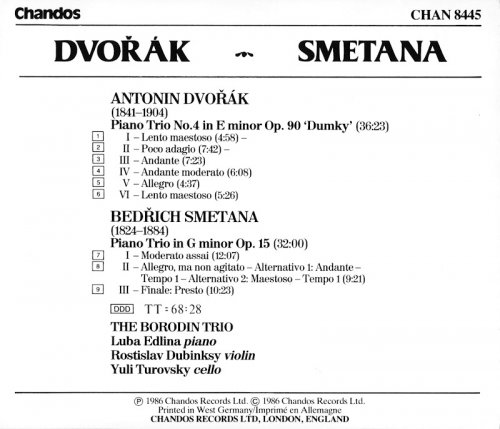
![Paddy Fitzgerald - Floot Bird (2026) [Hi-Res] Paddy Fitzgerald - Floot Bird (2026) [Hi-Res]](https://img.israbox.com/img/2026-01/31/hc7n83ki2t4vuc9euigby2lfm.jpg)
![Cory Wong - Lost In The Wonder (2026) [Hi-Res] Cory Wong - Lost In The Wonder (2026) [Hi-Res]](https://www.dibpic.com/uploads/posts/2026-02/1770057207_cover.jpg)
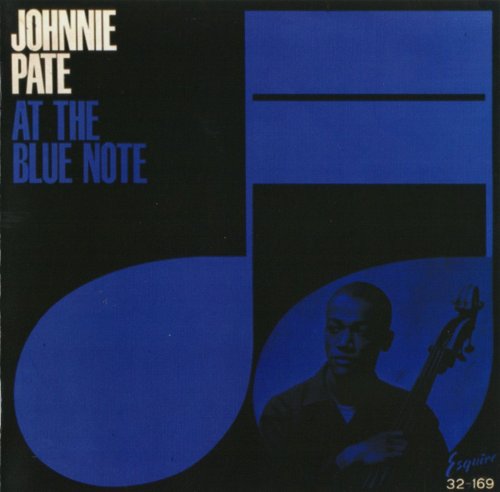
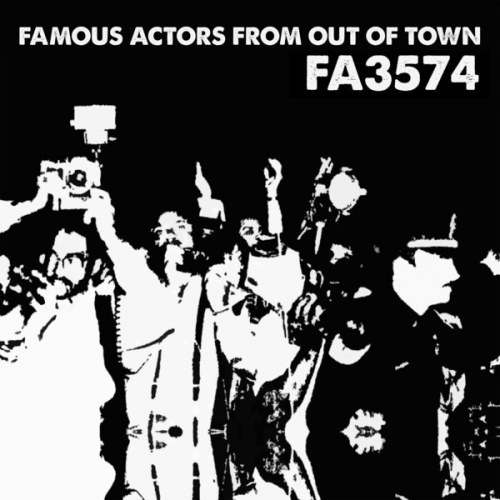
![Tatsu Akiba - Akiba Tatsu (2026) [Hi-Res] Tatsu Akiba - Akiba Tatsu (2026) [Hi-Res]](https://www.dibpic.com/uploads/posts/2026-01/1769777177_cover.jpg)

